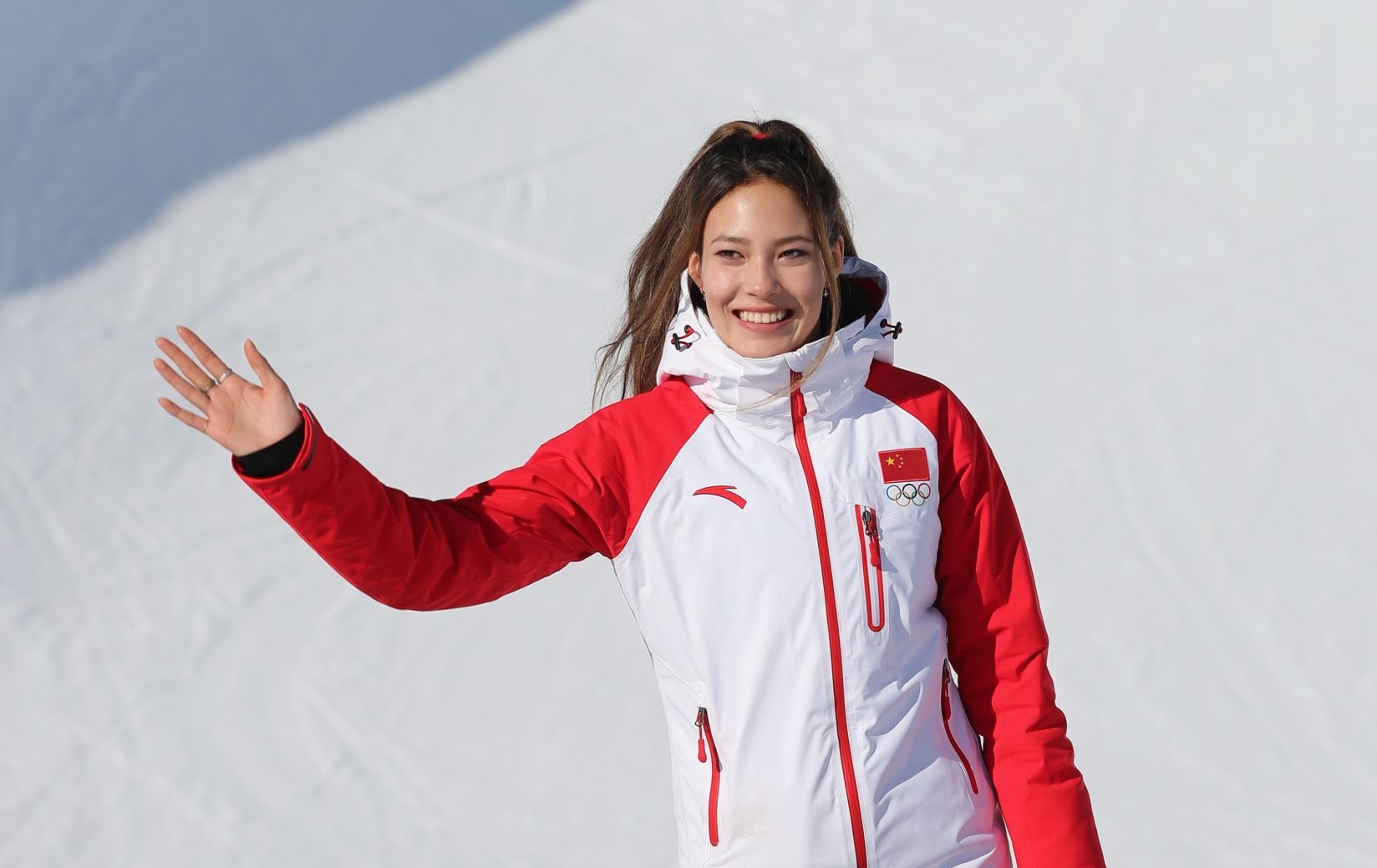Transnational Pride

If you haven’t heard of Eileen Gu, it’s probably not because you’re boycotting the 2022 Beijing Olympic Winter Games but because, like me, you didn’t even realize the Olympics had already started until a day or more into the events. I’m not sure whether that says more about me or the popularity of this biannual event that is heavy on ads and niche records and light on the kind of patriotism present in earlier generations (the 1980 U.S. Olympic hockey team comes to mind)—but it says something.
Gu is an athlete from San Francisco who has drawn media attention because she has chosen to compete for China’s ski team, rather than the United States’. The 18-year-old athlete has spent her 10-year ski career in the United States and was raised in California by her mother, a Chinese national, and grandmother, who speaks only Mandarin. At the age of 15, Gu decided to compete for China. She says this “incredibly tough decision” was inspired by her mother. More recently, Gu also expressed a desire to inspire young Chinese athletes to pursue skiing, in a nation where winter sports have historically been unpopular and mostly unsuccessful.
Unlike the United States, however, China does not recognize dual citizenship. While Gu has declined to specify her national allegiance, other athletes who have defected to Beijing have had to renounce their U.S. citizenship and be nationalized before Beijing will allow them to compete under its flag.
One such athlete is Zhu Yi, an American-born figure skater who gave up her U.S. citizenship to compete for China back in 2018. Zhu has been under the spotlight in the last 24 hours after she fell in the team figure skating competition. Her countrymen were quick to take to Weibo, a popular Chinese social media platform, to express their distaste for the U.S. born athlete. Some commented that Chen Hongyi, a Chinese figure skater in the running to compete at the games, would have been better than Zhu. Zhu fell again Monday afternoon, while competing in the women’s free skate event, and broke down in tears on the ice.
Olympic athletes have long occupied a strange plane, both characteristically national and personally transnational. While the event is an obvious non-military avenue for national pride to compete, the athletes themselves are more often mercenaries. Defecting to a parent country is not as rare as one might think. Several U.S. athletes are foreign-born; others born in the U.S. will later change loyalties to compete for one of their parents’ nations. While you have to be a U.S. citizen to compete for team America, you don’t have to renounce your homeland to wear the stars and stripes. That is great news for athletes such as skier Gus Kenworthy, who switched to England in 2019 after competing for the U.S. previously. Snowboarder Louie Vito from Ohio now wears Italy’s colors, while Jazmine Fenlator-Victorian from New Jersey has been bobsledding for Jamaica for the last six years. Train up an athlete in a wealthy liberal society and when he is old he will take his benefits and depart from it.
Regardless, the New York Times is openly grooming Gu, who also has a modeling contract with a Chinese agency. You could say it’s because they’re pro-China, but I don’t think that’s the full picture. What they really love about this girl from the Golden City is that her loyalty is not to the country that raised her, but to herself. Transnationalism, in the end, is all about the greatest individual yield—however yield is defined.
Comments